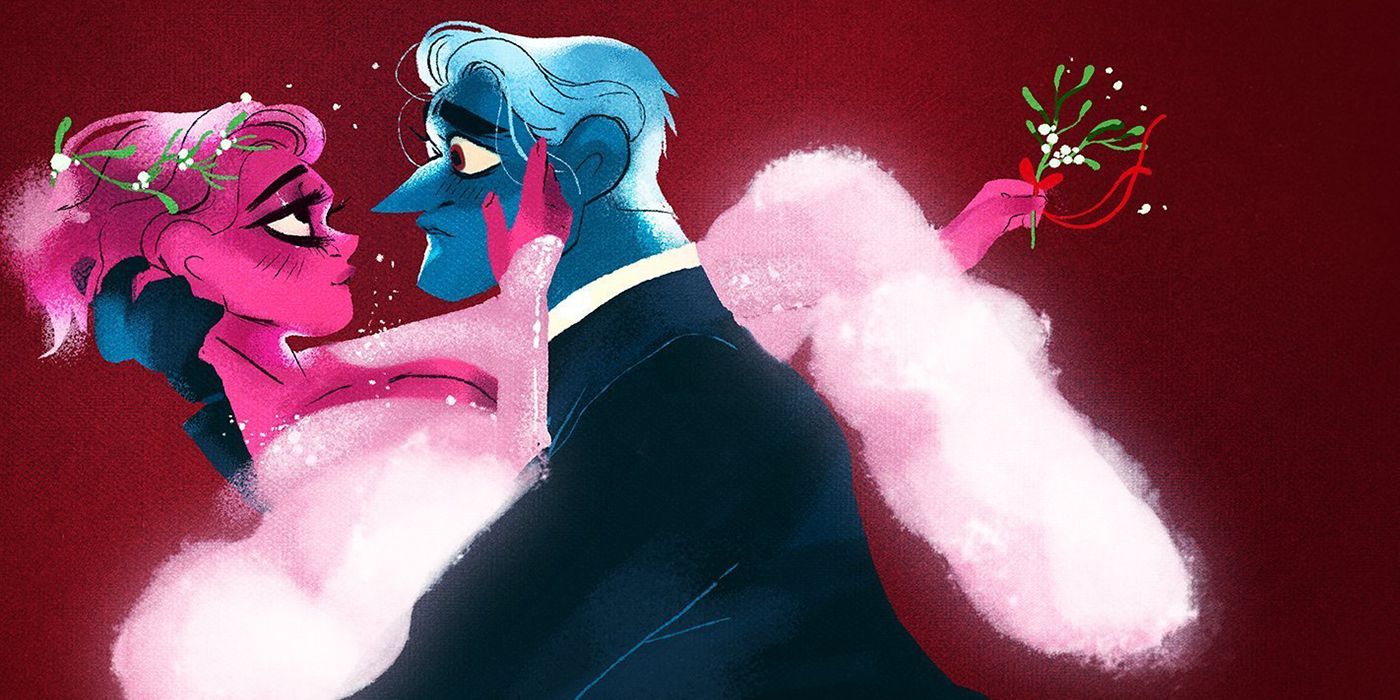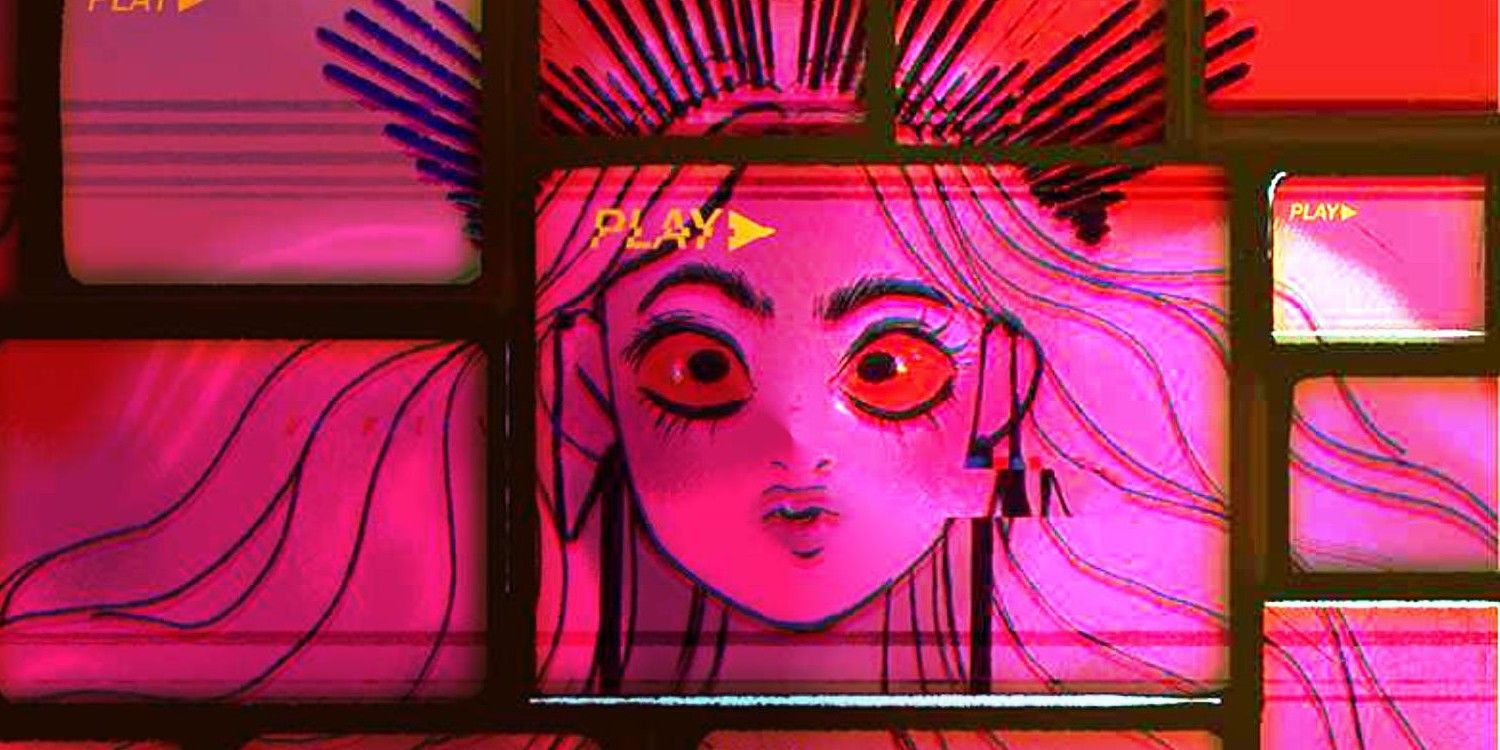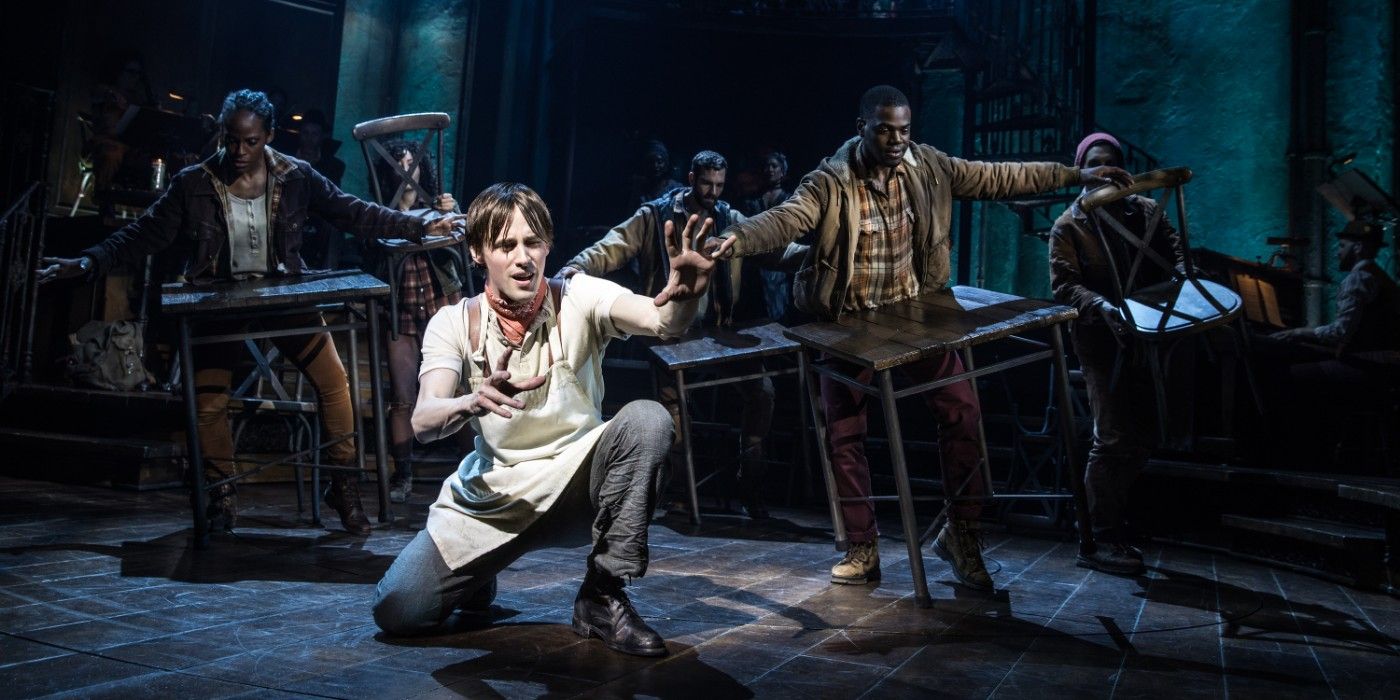One of Webtoon's biggest current series' is Lore Olympus. This series, created by Rachel Smythe, presents a colorful world that boldly reimagines the love lives of the Greek pantheon. While the art style and designs sometimes look more like a Pixar movie made in a Vaporwave filter, the general gist of the myths is still present.
It's because of this balancing act between creativity and fidelity to the legends that it has been able to succeed so well. This is also a precedent set by other successful adaptations of Greek mythology, which tend to eschew authenticity in favor of telling the best story possible for the current cultural zeitgeist. Here's a look at what Smythe's series is about, and how its changes to the typical Greek setting actually showcase how timeless the stories are.
LORE GALORE
Lore Olympus, like many of the series' on Webtoon, is a romance series, focusing heavily on the relationships between its cast members. Said cast is made up of none other than the Greek gods themselves, namely Hades and Persephone, the central protagonists. Reinterpreting their controversial courtship from Greek mythology, the story sees the two meeting at one of Zeus' rambunctious parties, developing a fondness that turns into love once Persephone begins working for Hades at Underworld Corp. Further setting the series apart from the typical togas and Pteruges associated with Greek myth is the series being in an amorphously modern setting, with the gods themselves existing as latter-day Kardashians on high.
On top of that, serious themes and topics are commonly brought up, such as depression, abuse, and toxic relationships. When combined with how bright and bubble gum pop the art is, it can almost come off as an animated Greek mythology series on The CW. It's because of these elements, however, that it's been able to be related to so easily by Webtoon's typical readership, who likely would have passed over anything resembling a sword and sandal story. On top of that, none of the characters or myths are taken particularly out of character or context, and instead simply updated to best fit the demographic.
IT'S ALL GREEK TO ME
Greek myth itself is meant to be taken in a far more ethereal, fable vein, as opposed to a hard-line, dogmatic religious belief system. The original myths were relayed in the way that they were to fit the cultural and social confines of ancient Greek society, and thus, their original content would only be understood and related to in its entirety to said society. This is especially true since these myths were passed by word of mouth, changing with the speaker and the message that they wished to convey. Any modern-day adaptation of the myths that aim for 100 percent accuracy, while achieving authenticity, could also lose some of their moral and allegorical potential because of it. Lore Olympus' juxtaposition of Greek myth with the glitz and glam of modern celebrity culture presents the Greek view of their deities, but through a filter than today's audiences will more easily relate to. Other Greek myth adaptations use similar hooks to make what could come off as stuffy Literature class material into exciting stories for all generations.
Hadestown takes the tragic love story of Orpheus and Eurydice and sets it in a Great Depression-esque musical, complete with a soundtrack full of swing and jazz music and a Hermes that more so resembles Louis Armstrong than a wing hat-wearing trickster. The Coen Brothers' classic O Brother, Where Art Thou? took a similar approach, heavily rearranging Homer's The Odyssey into a tale about treasure hunting convicts in Mississippi. In moving the story to the heart of the Bible Belt in the 1930s, any reference to deities was directed toward the Christian God, making it more fitting not only for that time period but the modern American audiences watching the film. Even though Rick Riordan's Percy Jackson series took a more typically literal avenue for its use of the Greek gods, it did so within a modern, young adult setting, essentially placing a new generation of gods in high school.
It's because of this ability to bend the Greek myths, while still keeping their core message, that Lore Olympus and the other works have been such successes. Other productions in the past decade, such as the Clash of the Titans remake and sequel, as well as the 2014 Hercules movies, hued closer to the typical view of these stories. Likewise, these films also failed to have any resonance within the culture, again speaking to how blase Greek mythology has become. It's only by doing something new with the literally ancient material that some demographics can seemingly be attracted to it, as proven by Lore Olympus.



